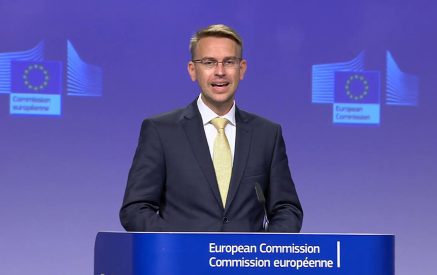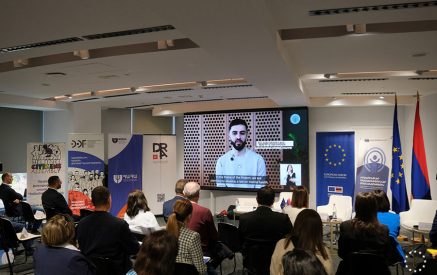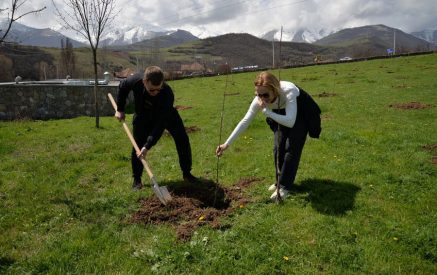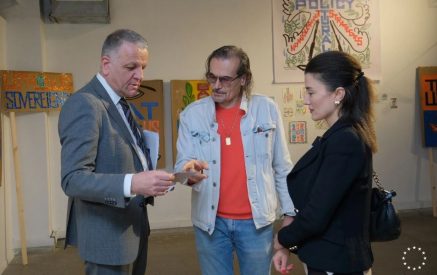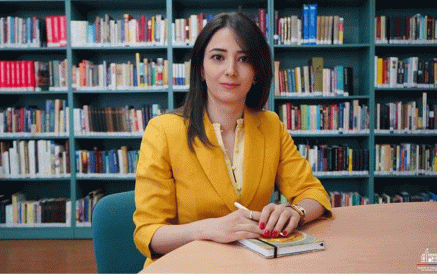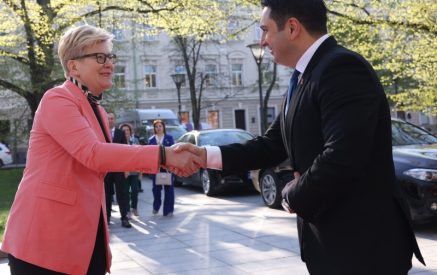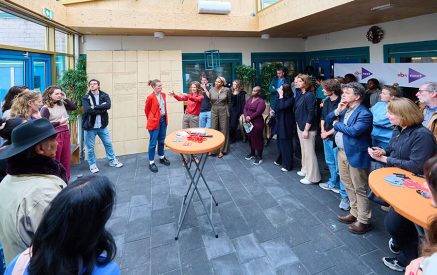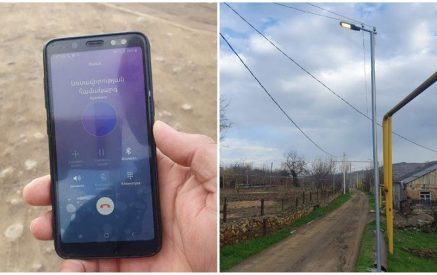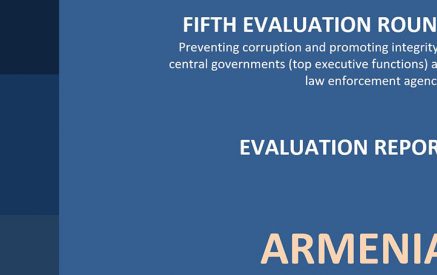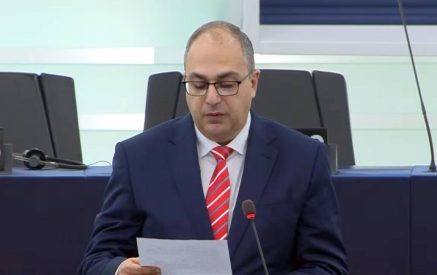The social economy could become a key player in the achievement of the EU’s policy objectives in its Neighbourhood, provided it is backed by an appropriate regulatory framework, according to an opinion issued by the European Economic and Social Committee (EESC).
The social economy’s primary objective is to generate economic activity at the same time as meeting and addressing the needs of workers, users and consumers, rather than owners and investors. Based on solidarity-inspired criteria, it makes a major contribution to improving the living and working conditions of millions of people.
In its opinion on ‘The External Dimension of the Social Economy’ (rapporteur: Miguel Angel Cabra de Luna), the EESC outlines the prominent role that social economy enterprises and organisations could play in Europe’s external, security, trade, neighbourhood and sustainability policies, and the regulations needed to maximise the impact of social economy enterprises (SEEs).
The EESC believes that the social economy, should be specifically addressed by future EU Free Trade and Investment Agreements. The EU particularly needs to ensure that non-tariff barriers are scrapped for SEEs in trade agreements.
At the same time, the financing of SEEs plays a key role in unleashing their full potential in the different EU policies. The European Investment Bank (EIB) and the European Fund for Sustainable Development (EFSD) should contribute to establish a financial ecosystem specifically for SEEs.
“We need to have a special interest in accelerating economic and social development in our very neighbourhood,” said rapporteur Cabra de Luna, “The social economy can make a valuable contribution to promoting living standards around the EU. The European Neighbourhood Instrument (ENI), but also other financial instruments should, therefore, contribute to the promotion of the social economy.”
Moreover, it is important for the European Commission to strengthen its leadership role in international cooperation and use it to boost SEEs in order to support the EU’s external agenda.
In its opinion, the EESC also stresses the importance of the social economy for achieving sustainability goals, referring to the already very successful cooperation in areas such as social housing, clean water and sanitation, health cooperatives and many more. Finally, SEEs can be extremely useful in creating jobs with rights in countries with a very developed shadow economy.

